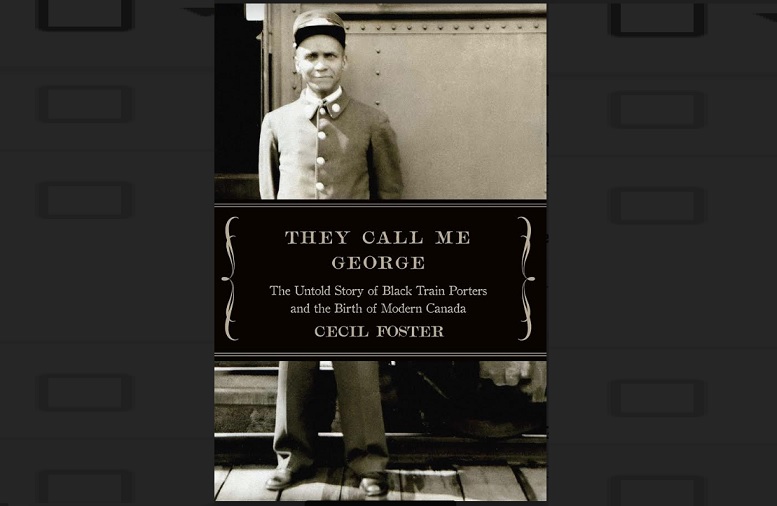Black History Month is celebrated in February every year. It’s a time to celebrate black Canadians who have contributed to make Canada the culturally diverse and compassionate nation we have today.
On Feb. 5, Carleton University hosted Cecil Foster to discuss how black Canadian men fought for civil rights, inclusion and equality.
The documentation on the contribution of black Canadians is mostly absent from Canadian history books. Foster, a professor of transnational studies at the University of Buffalo, has dedicated his time and research to document the journey of black Canadian men and their impact on the nation.
The lecture started with Foster describing what it entailed to be a black porter during the golden age of rail travel. Rail users of the 20th century were met by porters, who shined their shoes, carried their luggage, looked after ladies’ handbags and helped with the passengers’ needs. Most of these porters were black. Segregation was still in practice, and this meant being a train porter was one of the only jobs black males were allowed do.
“It was a job that came with little to no pay, so they had to rely on tipping,” said Foster.
He went on to talk about how this job erased the identities of the porters. Foster said the porters were called Boy George and then eventually just George, which caused them to lose their names in society.
The porters had to be on their best behaviour at all times as any mistakes could cost them their jobs. Despite all the demands of their jobs, they were able to form an alliance in 1954. This eventually led to them signing an agreement with the Canadian Pacific Railway that promoted fair employment practices. This agreement meant people of colour could apply for any job within the organization.
“This was a changing moment in their history,” said Foster.
They also challenged the government on their immigration policies and how it segregated black people. By 1971, under the government of Prime Minister Pierre Elliott Trudeau, Canada’s immigration policy shifted to a based-on-merit system.
The conversation continued with a discussion on how black Canadians can continue to contribute to the development of the country. The speaker advised black Canadians to be more active in politics and lend their voices to social issues.
Lisa Wright, a fourth-year African studies student at Carleton University who attended the event, was excited to hear conversations about how black Canadians contributed to the country.
“I’m happy he has done the research to educate us about the work our ancestors put in,” said Wright.



